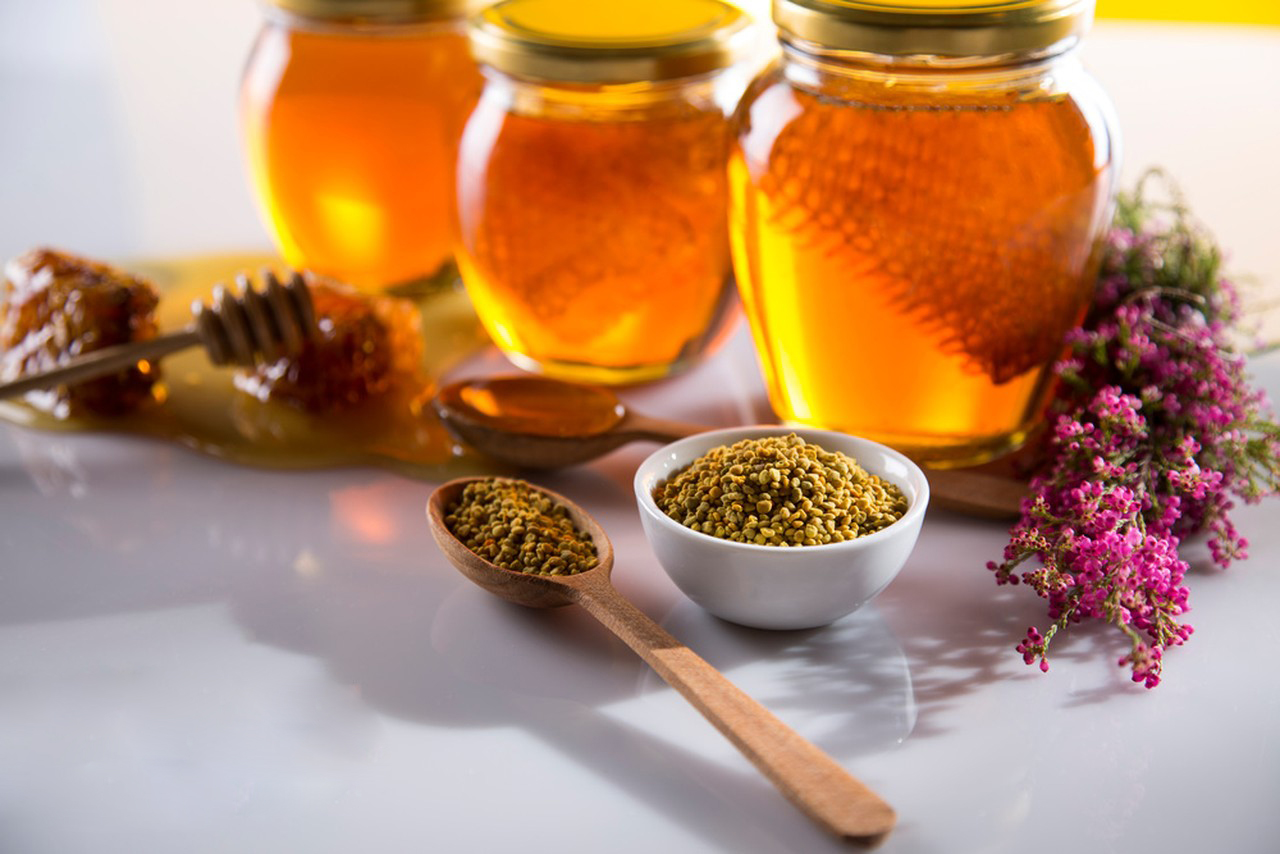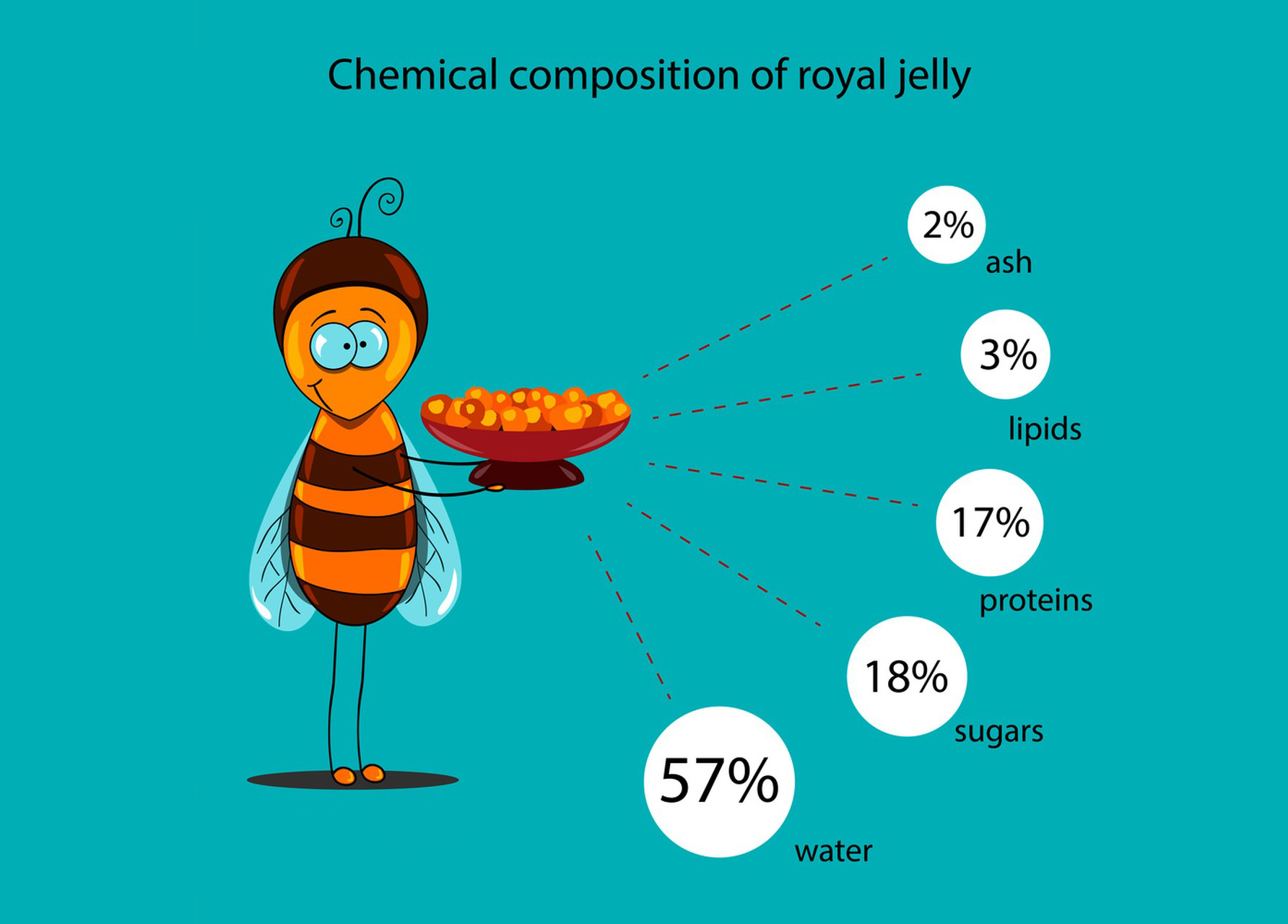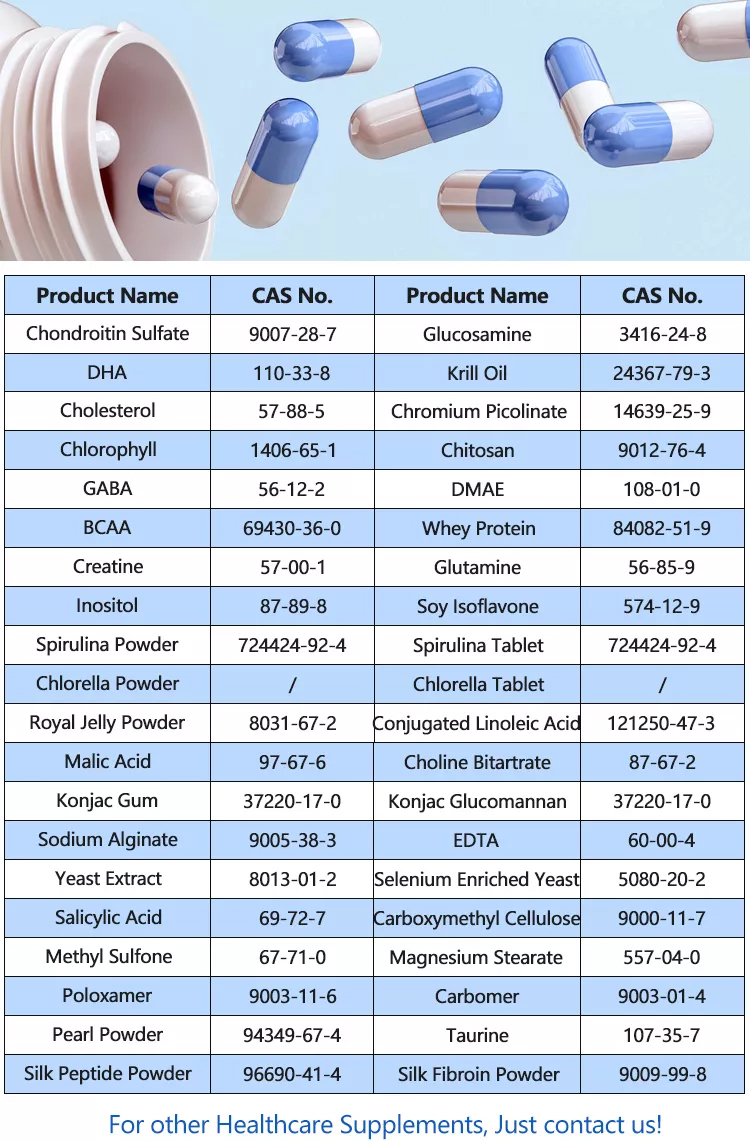Royal Jelly Powder is a substance produced by worker bees to feed the queen bee and young bees. It is believed to have various health benefits and is commonly consumed as a dietary supplement. While some people swear by the potential benefits of royal jelly, it’s important to note that scientific evidence supporting these claims is limited, and more research is needed. If you choose to use royal jelly, here are some tips for potentially getting the best results:
1.Consult with a Healthcare Professional:
Before starting any new supplement, especially if you have underlying health conditions or are taking medications, it’s crucial to consult with a healthcare professional. They can advise you on whether royal jelly is suitable for you and what the appropriate dosage might be.
2.Choose a Reputable Source:
Purchase royal jelly from a trusted and reputable source to ensure its quality and purity. Look for products that are labeled as 100% pure royal jelly without additives or fillers.
3.Start with a Low Dose:
If you decide to try royal jelly, start with a low dose and gradually increase it. This can help you assess how your body reacts and whether you experience any adverse effects. Typical doses range from 100-500 mg per day.

4.Follow Recommended Dosage:
Follow the manufacturer’s recommended dosage on the product label. The appropriate dosage can vary depending on the form (e.g., capsules, powder, or fresh royal jelly).
5.Be Consistent:
To potentially see any benefits, it’s important to be consistent with your Royal Jelly Powder intake. Consistency can help you assess whether it’s having any positive effects over time.
6.Monitor for Allergic Reactions:
Allergies to bee products, including royal jelly, can occur. If you experience symptoms like itching, hives, swelling, or difficulty breathing, discontinue use immediately and seek medical attention.
7.Observe for Side Effects:
Pay attention to any side effects, such as gastrointestinal discomfort, and adjust your dosage or discontinue use if needed.
8.Consider Your Goals:
Different people use royal jelly for various purposes, including potential energy and vitality, skin health, and immune support. Be clear about your goals in using royal jelly and evaluate its effectiveness in meeting those goals.
9.Maintain a Balanced Diet:
Royal Jelly Powder should not be considered a replacement for a balanced diet. Continue to eat a variety of nutritious foods to ensure you get all the essential nutrients your body needs.
10.Stay Informed:
Keep up with the latest research on royal jelly and its potential benefits. Scientific understanding of this substance is still evolving.
Remember that individual responses to royal jelly may vary, and not everyone will experience the same benefits. It’s essential to approach its use with caution and informed decision-making, especially if you have any health concerns. Always consult a healthcare professional before adding any new supplement to your routine.

Adverse Effects of Royal Jelly Powder
Royal jelly is a thick, milky substance produced by worker bees to feed the queen bee and young larvae. It is often promoted as a health supplement due to its potential nutritional and health benefits. However, like many natural products, royal jelly can have adverse effects for some individuals. Here are some potential adverse effects and considerations:
Allergic Reactions: Some people may be allergic to royal jelly. Allergic reactions can range from mild skin rashes, itching, and swelling to severe anaphylactic reactions, which can be life-threatening. If you are allergic to bee products, such as honey or bee stings, you should avoid royal jelly.
Gastrointestinal Distress: Royal Jelly Powder may cause gastrointestinal problems in some individuals, including diarrhea, upset stomach, and nausea. If you experience such symptoms, you should discontinue its use.
Asthma and Respiratory Issues: In rare cases, royal jelly consumption has been associated with asthma exacerbation or other respiratory issues. If you have asthma or a history of respiratory problems, it’s essential to be cautious.
Skin Reactions: Topical application of royal jelly can sometimes cause skin irritation, redness, or itching, particularly in people with sensitive skin.
Hormonal Effects: Royal jelly contains various compounds, including estrogens, which could affect hormonal balance. Individuals with hormone-sensitive conditions, such as certain cancers, should consult a healthcare provider before using royal jelly.
Medication Interactions: Royal jelly might interact with certain medications, particularly anticoagulants (blood thinners) and antiplatelet drugs, due to its potential blood-thinning effects. Consult your healthcare provider if you are taking such medications.

Weight Gain: Some people have reported weight gain with royal jelly consumption, although this effect may be anecdotal and not well-documented.
Long-Term Safety: There is limited scientific research on the long-term safety of royal jelly, so it’s advisable to use it in moderation and consult a healthcare professional before prolonged or high-dosage use.
Ethical Considerations: There are ethical concerns related to the harvesting of Royal Jelly Powder. The process involves removing it from the hives and can harm or stress the bees. Choosing ethically sourced royal jelly products can mitigate these concerns.
It’s important to remember that while royal jelly is marketed as a superfood with potential health benefits, more research is needed to establish its efficacy and safety conclusively. If you are considering taking royal jelly as a dietary supplement, it is advisable to consult with a healthcare provider, especially if you have any underlying health conditions, allergies, or are taking medications. Additionally, always start with a small dosage to monitor for adverse effects, and discontinue use if you experience any negative reactions.
